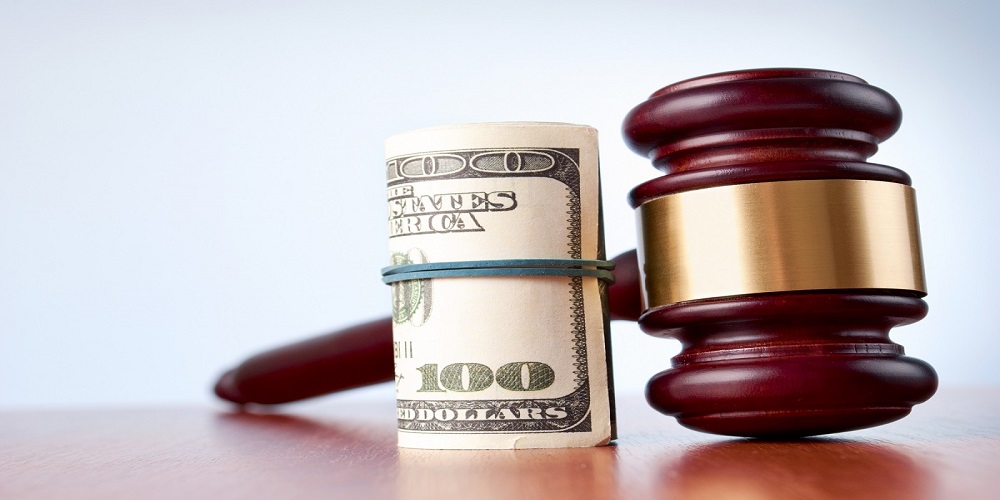This privilege is one of the secret codes shared between them to keep their conversations private and safe. This privilege is important because it creates a comfortable space for criminal defence attorneys and clients to chat openly and honestly. People might feel safe sharing everything they need to. But here’s the thing – even though this privilege is like a secret superhero power, it has some rules. Everyone needs to know these rules to ensure that the superpower is used correctly.

Crime or Fraud Exception
One significant rule is the “Doing Bad Stuff Exception.” The secret lawyer talk doesn’t protect that conversation if you’re talking with your lawyer about doing something wrong, like committing a crime or being sneaky. The law says that if you’re seeking legal advice to help with a crime or fraud, that talk isn’t protected. This is to make sure lawyers don’t help with evil actions.
Future Harm Exception
Now, let’s look ahead to the “Future Harm Exception.” If you’re planning something terrible for the future that could hurt many people, the usual protection of lawyer-talk might not apply. This rule is here to stop lawyer-talk from covering potentially harmful plans. It ensures the lawyer isn’t helping with things that could hurt people.
Communication with Third Parties
When talking about legal stuff, sharing it with others can be tricky. The law says if you tell other people what your lawyer said, the usual protection might not work for that specific information. This is a reminder to keep lawyer-talk between you and your lawyer. Don’t tell everyone else; once you do, the secret might not be a secret anymore.
Inadvertent Waiver
Mistakes can happen, especially when you’re dealing with important information. The law says that if you accidentally spill the beans about what your lawyer said, the usual protection might not work. So, be careful about how you talk about legal things. Please keep it low to ensure you don’t accidentally lose the protection that lawyer-talk usually gives.
Joint Clients
Lastly, when a bunch of people are involved, like when there are joint clients, there’s another rule. If the people involved start fighting among themselves, the usual protection might not cover the talks about the fight. If clients disagree, the usual secret lawyer talk might not work for those discussions. This way, everyone knows cooperation is vital, even in legal negotiations. If there’s a dispute, the usual protection might be different.
Conclusion
Having this lawyer-client secret is like having an excellent clubhouse for legal talks. It’s a safe space where everyone can be honest and open. Like any clubhouse, there are rules to follow. These rules are suitable for the fun, but make sure everyone plays pretty. So, knowing these rules is like having a guidebook for the clubhouse. It helps everyone understand how to use the secret code the right way. It’s about keeping things fair and square, ensuring the superhero power of lawyer-client privilege is a force for good in the world of law.
